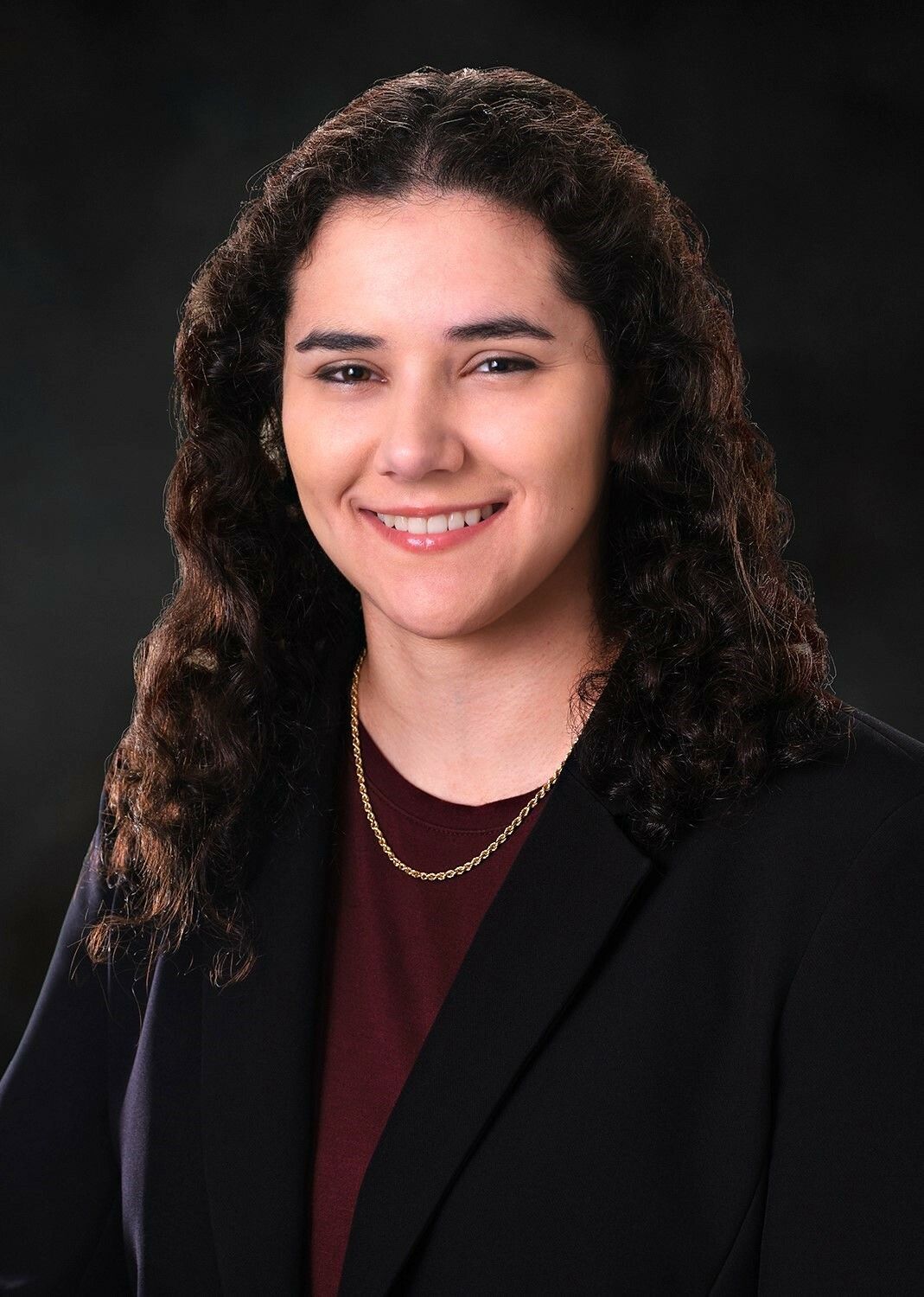Can you be personally liable for your business’s liabilities? Possibly!
Can you be personally liable for your business’s liabilities? Possibly!
If you are a business owner, you might operate your business under your name, a different name but as an unincorporated entity, or through a separate business entity. In Tennessee, it is common to operate businesses as a limited liability company (“LLCs”). This blog is to continue the discussion started in a previous post (click here for prior post) regarding the benefits of forming an LLC in Tennessee and to briefly discuss piercing the corporate veil, a mechanism to hold a business owner personally liable for the business’s liabilities..
In my previous post, I list “limited liability” as a benefit, if not the number one benefit, to forming an LLC in Tennessee. Just to refresh your memory, in an LLC, members are generally not personally liable for the actions of the company. In other words, members are afforded limited liability. Generally, a member’s personal assets are protected. Limited liability has its limits, and there are some instances where you could be personally liable.
HYPOTHETICAL: let’s assume that you validly formed your LLC in Tennessee, but someone, maybe a former client, customer, business partner, or employee (just to list a few potential parties) sues your company but also identifies you, individually, in the lawsuit. Generally speaking, LLCs protect you individually from being liable; however, Tennessee courts, under certain circumstances, will disregard the LLC as a separate entity if there is evidence that it is a sham or as “necessary to accomplish justice.” This is commonly referred to as “piercing the corporate veil.”
Although this doctrine originally applied to corporations, Tennessee courts have held that this doctrine also applies to LLCs. See Starnes Family Office, LLC v. McCullar, 765 F. Supp. 2d 1036, 1049 (W.D. Tenn. 2011). Piercing the corporate veil allows for an individual to “pierce” the company and go after the assets of the individual principals of the company. Usually, courts caution that the veil should only be pierced and thus individuals held personally liable for the debts of the company in extreme circumstances; however, Tennessee courts look at whether the business entity has been used to conduct fraud or injustice, as well as, the following factors in determining whether to pierce the corporate veil:
- whether there was a failure to collect paid in capital;
- whether the corporation was grossly undercapitalized;
- the non-issuance of stock certificates;
- the sole ownership of stock by one individual;
- the use of the same office or business location;
- the employment of the same employees or attorneys;
- the use of the corporation as an instrumentality or business conduit for an individual or another corporation;
- the diversion of corporate assets by or to a stockholder or other entity to the detriment of creditors, or the manipulation of assets and liabilities in another;
- the use of the corporation as a subterfuge in illegal transactions;
- the formation and use of the corporation to transfer to it the existing liability of another person or entity; and
- the failure to maintain arm’s length relationships among related entities.
Federal Deposit Ins. Corp. v. Allen, 584 F. Supp. 386, 397 (E.D. Tenn. 1984). Tennessee courts will rely upon a combination of these factors in deciding whether to pierce the corporate veil and hold an individual liable. The question of when an individual should be held liable for an LLC’s obligations is a factual determination, so each case is different. This makes it impossible to define a clear rule on piercing the veil; however, LLC members and managers should be aware of the factors outlined in the Allen case noted above to avoid being subject to individual liability.
Forming an LLC may not be the best option for your business. There are several different entities to choose from: sole proprietorship, partnership, corporation, limited liability company etc. Each different entity will have its benefits and disadvantages. Each situation is different, and although LLCs continue to grow in popularity, an attorney can help you weigh the benefits, consequences, and potential ramifications of forming your business.
About the Author: Patrick Morrison is an attorney with Grant, Konvalinka & Harrison, P.C. (“GKH”). Patrick is a native to the Chattanooga area and a graduate from Chattanooga School for the Arts and Sciences. Patrick graduated from Middle Tennessee State University in Murfreesboro, Tennessee and received his Doctor of Jurisprudence from the University of Tennessee College of Law. Patrick is an experienced lawyer relating to contracts and business law. To learn more about Patrick or GKH, contact Patrick at 423-756-8400 or email him.
This blog is not intended to create an attorney/client relationship or provide legal advice. Please contact the author if you have any questions or comments regarding the subject matter.










